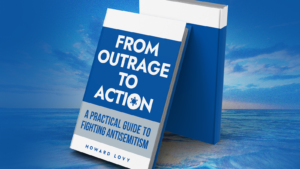I have an obsessive personality. At times, it is a great burden because I would prefer that my mind not dwell on unpleasant things—like the rise in antisemitism. Other times, it is a superpower because this obsessiveness made me a decent reporter back in my days as a journalist. Now, my obsession with finding methods of fighting back against antisemitism can take its toll, and sometimes, I need to take a few days off to unwind. A couple of weeks ago, I visited my eighty-nine-year-old father. He was born in Budapest in 1935 and has seen cycles of antisemitism come and go. He says the current climate for Jews is the worst he’s seen since he was a kid. My visit gave me a necessary break to spend time with family, but also reinvigorated me in my mission.
Now, I straddle the line between journalist and activist as I get used to my new role as an author. I’ve been obsessively digging into antisemitism not as a problem—I’ll let other writers cover that—but ways to fight back and come up with practical solutions.
When history is written about this surge in antisemitism, the bravery of many Jews will be remembered. I’ve interviewed many people for my book and am inspired by their Jewish pride despite the dangers to their careers and even their lives.
In writing From Outrage to Action: A Practical Guide to Fighting Antisemitism, I’ve been investigating how antisemitism manifests in different spheres and examining what is working and what is not in this fight.
Literary Community
What began as a small section of my book is turning into a lengthy chapter. In fact, I could probably write an entire book about this subject alone. It hits me close to home because I’ve been interviewing many Jewish authors who are facing bigotry in the literary community. I cannot prove a negative, but I wonder how many editing gigs I’ve lost, or agents and publishers have said no because they see how vocal I am against antisemitism.
Even Jews who are not Israeli and don’t write about the Middle East are having doors slammed in their faces. Word in the industry is they just don’t want to hear from Jews now. There’s a great deal of fear among Jewish authors, and they’re afraid of further alienating their agents or publishers, so some choose to be anonymous. The stories are similar. They are losing contracts, calls are not being returned, and books are canceled because of a perception in the industry that there’s no market for Jewish voices unless those voices are of the #AsAJew anti-Zionist variety. In addition, they are being harassed and bullied at literary events.
The pressing need for support systems within the Jewish literary community is a recurring theme. The Jewish Book Council is gathering data but is offering little right now in terms of practical help. Meanwhile, Jewish authors are shocked, disoriented, and feel they have no voice. This is where I’m in talks with others, and we’re soon going to get at least as organized as the anti-Zionist/antisemitic voices.
Education
However bad you think antisemitism is in education, it’s actually worse. I’m discovering this as I collect stories for my book on how to fight it. That makes the brave individuals I’m interviewing even more heroic and amazing. I can’t wait to tell you about them. It’s not news that antisemitism is a problem in educational institutions. And we’re not just talking about college. It’s happening in K-12 schools all over the country. I’ve been interviewing people on the front lines of the fight, including those who have experienced it as students, as faculty, and those handling the legal battles. I’ve discovered a few surprising things about how well the fight is going at some institutions. There are Jews who are finding allies and hitting the administrations where it hurts most, both financially and in the public perception. I’ve learned that legal professionals and advocacy groups play a crucial role in supporting Jewish students, providing guidance and legal assistance to combat antisemitism.
The problem is not limited to individual incidents but points to broader systemic issues within educational institutions. Efforts to tackle these challenges range from public advocacy to discreet interventions that support affected students.
Despite these challenges, there have been successful interventions leading to positive changes. You may be surprised, but in many ways, Jews are learning what it takes to win these fights. I’ll present stories of high school and college students fighting back, in addition to Jewish faculty.
Politics
Much of the political battle against antisemitism is happening at the state level, where legislatures are debating just how to define antisemitism before they can fight it. The International Holocaust Remembrance Alliance (IHRA) definition is the template to use, but despite what you may read elsewhere, it does not define any criticism of Israel as antisemitic. It does, however, say that it is antisemitic to deny “the Jewish people their right to self-determination, e.g., by claiming that the existence of a State of Israel is a racist endeavor.” That’s where the far left, including a minority of Jews who falsely claim to speak for the rest of us, say that the IHRA definition stifles free speech. It does nothing of the kind. I’ve been interviewing Jews in the political arena on how best to confront those voices and form alliances with other groups to get past these hurdles at the state level.
A significant part of the battle is countering misinformation about antisemitism and educating both the Jewish and non-Jewish communities about the realities and nuances of these issues.
Other Areas
I’m also interviewing journalists, entertainment figures, and others, emphasizing how they’re using their platforms to fight antisemitism. I’m getting answers to questions like, “Which produces better results: confrontation, reasonable engagement, or blocking?” I have practical advice for all. Nearly everybody I interview tells me how necessary this project is. Many Jews are in need of practical advice on dealing with this crisis. Others feel alone and need to know that there is a larger community out there that has their back. One young person told me that they need role models for action.
I am writing all of this in my “spare” time. My Kickstarter campaign gave me a head start, but around $5,000 doesn’t really cover all my time and expenses. That’s why I’m going to run excerpts of my book for paid Substack subscribers. If you get it for free, please consider a paid subscription and let me know you support this work.
Thank you all for your patience as I sift through a great deal of material and my own interviews. Also, if you have any tips for me on individuals who are fighting antisemitism, please contact me. As always, stay safe and know that you are not alone.
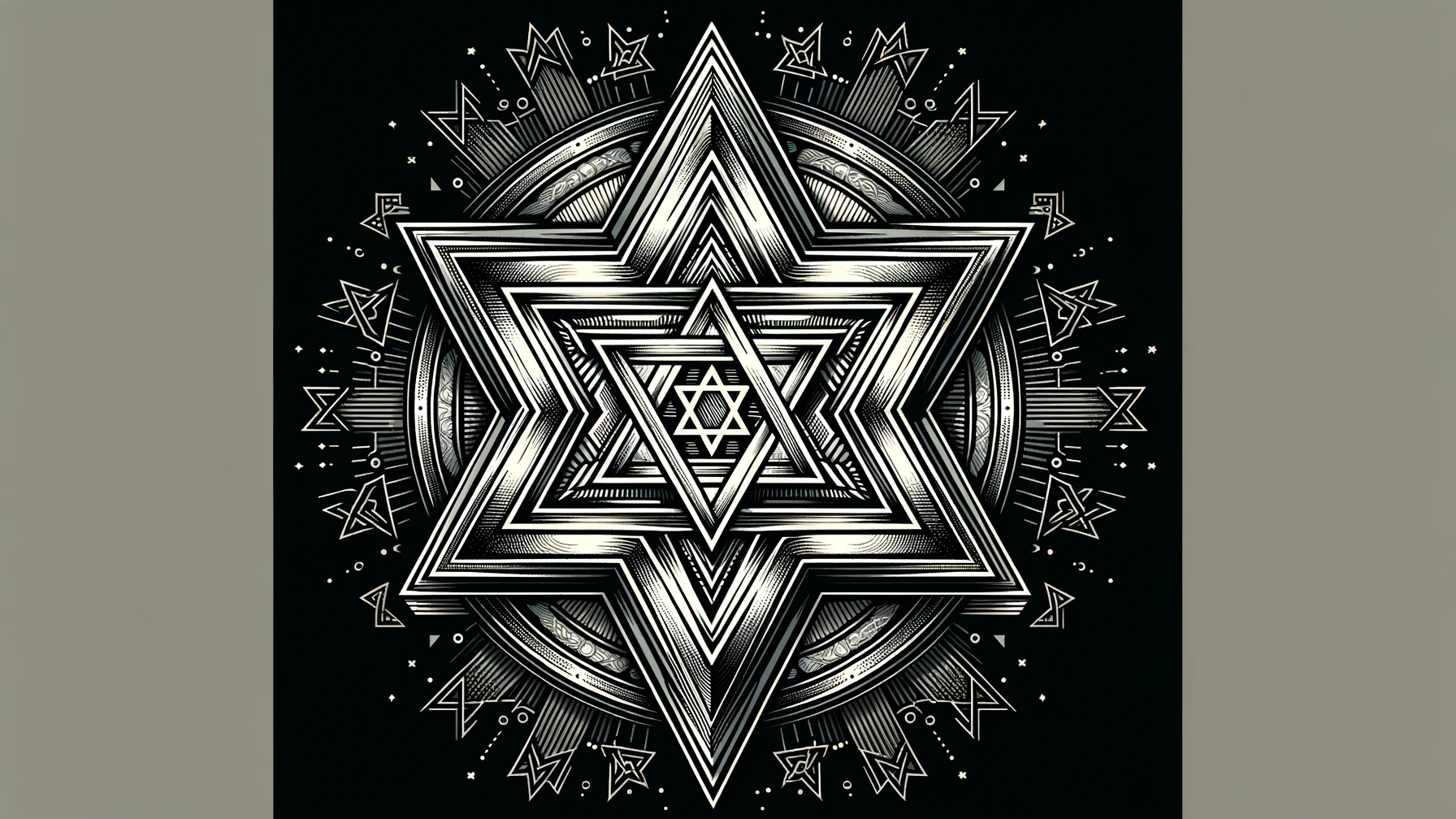
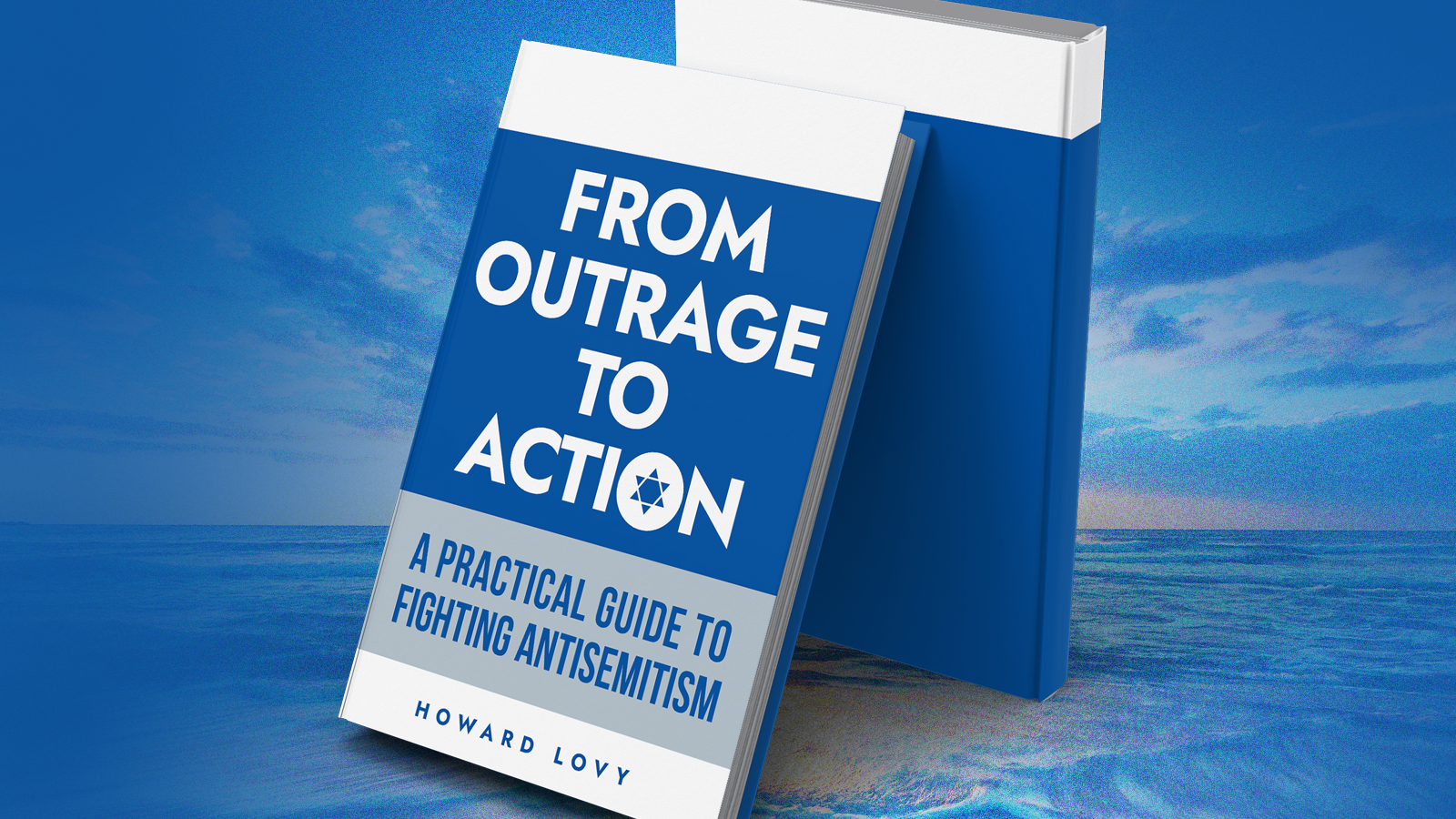

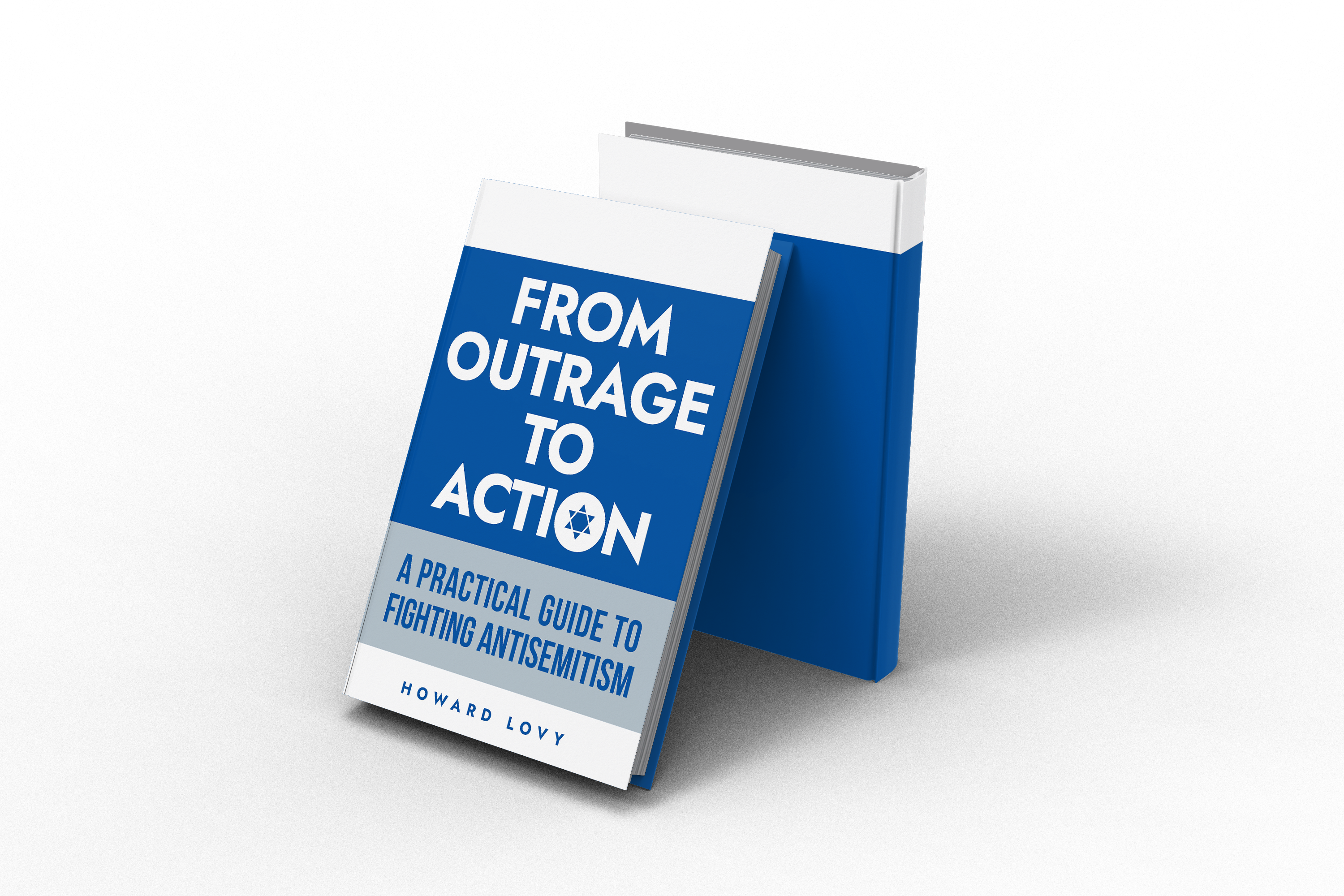

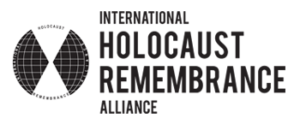 First, let’s get the linguistic games over with. There is no such thing as a “Semite.” It’s an outdated term based on a misinterpretation of linguistic similarities. This is why the hyphen has been removed in “antisemitism,” which is the word for hatred of Jews. Even those formerly called Semites can be antisemitic. This change was the result of a successful anti-hyphen campaign by US Antisemitism Envoy Deborah Lipstadt.
First, let’s get the linguistic games over with. There is no such thing as a “Semite.” It’s an outdated term based on a misinterpretation of linguistic similarities. This is why the hyphen has been removed in “antisemitism,” which is the word for hatred of Jews. Even those formerly called Semites can be antisemitic. This change was the result of a successful anti-hyphen campaign by US Antisemitism Envoy Deborah Lipstadt.
